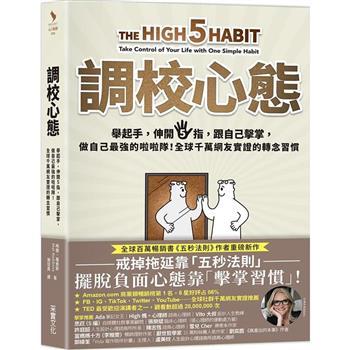A Degraded Caste of Society traces the origins of twenty-first-century cases of interracial violence to the separate and unequal protection principles of the criminal law of enslavement in the southern United States. Andrew T. Fede explains how antebellum appellate court opinions and statutes, when read in a context that includes newspaper articles and trial court and census records, extended this doctrine to the South’s free Black people, consigning them to what South Carolina justice John Belton O’Neall called "a degraded caste of society," in which they were "in no respect, on a perfect equality with the white man."
This written law either criminalized Black insolence or privileged private white interracial violence, which became a badge of slavery that continued to influence the law in action, contrary to the Constitution’s mandate of equal protection of the criminal law. The U.S. Supreme Court enabled this denial of equal justice, as did Congress, which did not make all private white racially motivated violence a crime until 2009, when it adopted the Matthew Shepard and James Byrd Jr. Hate Crimes Prevention Act. Fede’s analysis supports that law’s constitutionality under the Thirteenth Amendment, while suggesting why--during the Jim Crow era and beyond--equal protection of the criminal law was not always realized, and why the curse of interracial violence has been a lingering badge of slavery.| FindBook |
有 1 項符合
A Degraded Caste of Society: Unequal Protection of the Law as a Badge of Slavery的圖書 |
 |
A Degraded Caste of Society: Unequal Protection of the Law as a Badge of Slavery 作者:Fede 出版社:University of Georgia Press 出版日期:2024-10-01 語言:英文 規格:精裝 / 320頁 / 普通級/ 初版 |
| 圖書館借閱 |
| 國家圖書館 | 全國圖書書目資訊網 | 國立公共資訊圖書館 | 電子書服務平台 | MetaCat 跨館整合查詢 |
| 臺北市立圖書館 | 新北市立圖書館 | 基隆市公共圖書館 | 桃園市立圖書館 | 新竹縣公共圖書館 |
| 苗栗縣立圖書館 | 臺中市立圖書館 | 彰化縣公共圖書館 | 南投縣文化局 | 雲林縣公共圖書館 |
| 嘉義縣圖書館 | 臺南市立圖書館 | 高雄市立圖書館 | 屏東縣公共圖書館 | 宜蘭縣公共圖書館 |
| 花蓮縣文化局 | 臺東縣文化處 |
|
|
圖書介紹 - 資料來源:博客來 評分:
圖書名稱:A Degraded Caste of Society: Unequal Protection of the Law as a Badge of Slavery
內容簡介
作者簡介
ANDREW T. FEDE is of counsel to the law firm Archer & Greiner, P.C., based in New Jersey, and, since 1986, has been an adjunct professor teaching law courses at Montclair State University. He is the author of Homicide Justified: The Legality of Killing Slaves in the United Statesand the Atlantic World, Roadblocks to Freedom: Slavery and Manumission in the United States South, and People without Rights: An Interpretation of the Fundamentals of the Law of Slavery in the U.S. South.
|











